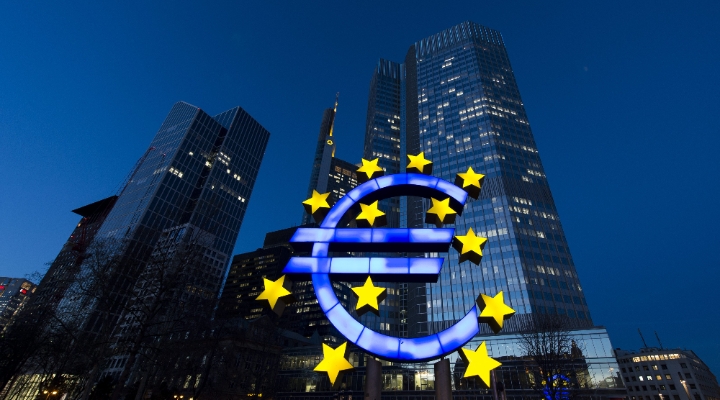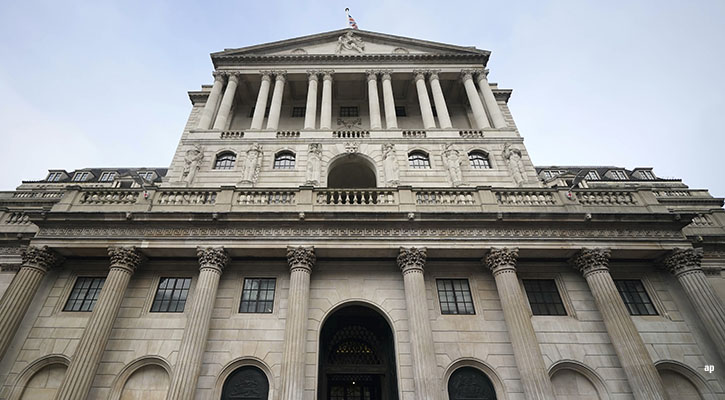
Inflation in the Eurozone fell to 2.8% in January, down from 2.9% in December, according to Eurostat's flash estimate, adding further pressure on the European Central Bank to cut interest rates. The fall in inflation matched economists' expectations.
Core inflation, which shows prices without energy and food costs, also fell 10 basis points to 3.3% year on year, but missed expectations, causing an increase in eurozone government bond yields. Germany 10-year Bund yields – the benchmark for the eurozone – rose to 2.2% at time of writing.
In January, the greatest contributors to eurozone inflation were food, alcohol and tobacco (+5.7% year on year), followed by services (+4%), non-energy industrial goods (+2%) and energy (-6.3%), according to Eurostat.
Core Inflation Moving in the Right Direction
“European flash inflation fell in January by 0.1% to 2.8%, a welcome downward move after the spike we saw in December”, said Michael Field, European market strategist at Morningstar. “Core inflation, albeit higher at 3.3% is also moving in the right direction, mirroring the 0.1% fall. That core inflation, usually stickier, is still falling, is indeed a positive sign.”
Field added: “Today’s fall should come as no real surprise though, as record high interest rates in the eurozone have had the desired effect, driving inflation down in 12 of the last 13 months. Granted, we are still not at the ECB’s targeted 2% level of inflation, but with the momentum we have witnessed over the last year, that goal is well within sight.”
Shipping Turmoil in the Red Sea? Don't Panic
“Inflation has peaked in Europe and is now falling rapidly, with headline inflation already below 3% in the Eurozone and core inflation slowing to around 3.5% year-over-year,” said Nicola Mai, economist, sovereign credit analyst at Pimco.
“As for potential shocks in 2024, we do not expect the current shipping turmoil in the Red Sea to have a major impact on inflation in Europe, as it stands. Its scale is a fraction of the pandemic-related disruption, and shipping itself is only a small component of the cost structure of a company,” added Mai.
“Global goods demand is not as buoyant as it was during the pandemic, and the supply of new container ships looks set to be ample this year. Importantly, there are other supply routes available to companies, including alternative sea routes and air freight.” That said, Mai warned that “Covid-19 taught us to be wary of ripple effects on the supply chain.”
Is the First ECB Interest Rate Cut Closer?
With inflation falling, the pressure for interest rate cuts is increasing. The ECB kept interest rates on hold in the January meeting, and did not hint when it might start cutting rates.
However, fears of the economy overheating are easing. “Data this morning showed that the unemployment rate within the European area was broadly steady at 6.4%, a level it has broadly stayed at for the last 18 months,” said Field.
“Central bankers had originally feared that falling inflation might mean a danger of the economy overheating, but a steady unemployment rate is just another signal to the ECB that interest rates have room to fall in the coming months."





























